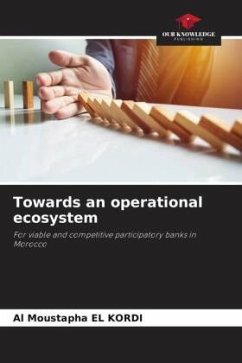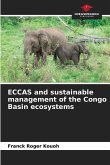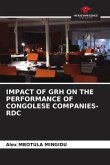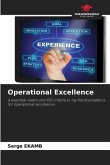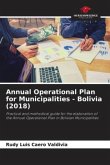At a time when Islamic finance has emerged as a major new player, the Moroccan banking sector, which for a long time was a highly conventional market, has been forced to develop and regulate itself further in order to take full advantage of the benefits offered by this type of financing. The authorization, since October 1, 2007, of Moroccan banks to market alternative products that comply with Sharia law, justifies this trend of development and opening. Unfortunately, the alternative products that were put on the Moroccan banking market in 2007 and the participative banks that were created in 2017 have not had the success expected by the proponents of Islamic finance in Morocco since Moroccan customers have expressed their disappointment with these banks since they consider them similar to their conventional counterparts. This is mainly due to the lack of knowledge by the general public of the Islamic banking offer, the inadequacy of the products and services offered and especially the incompleteness of the financial ecosystem of these institutions.

